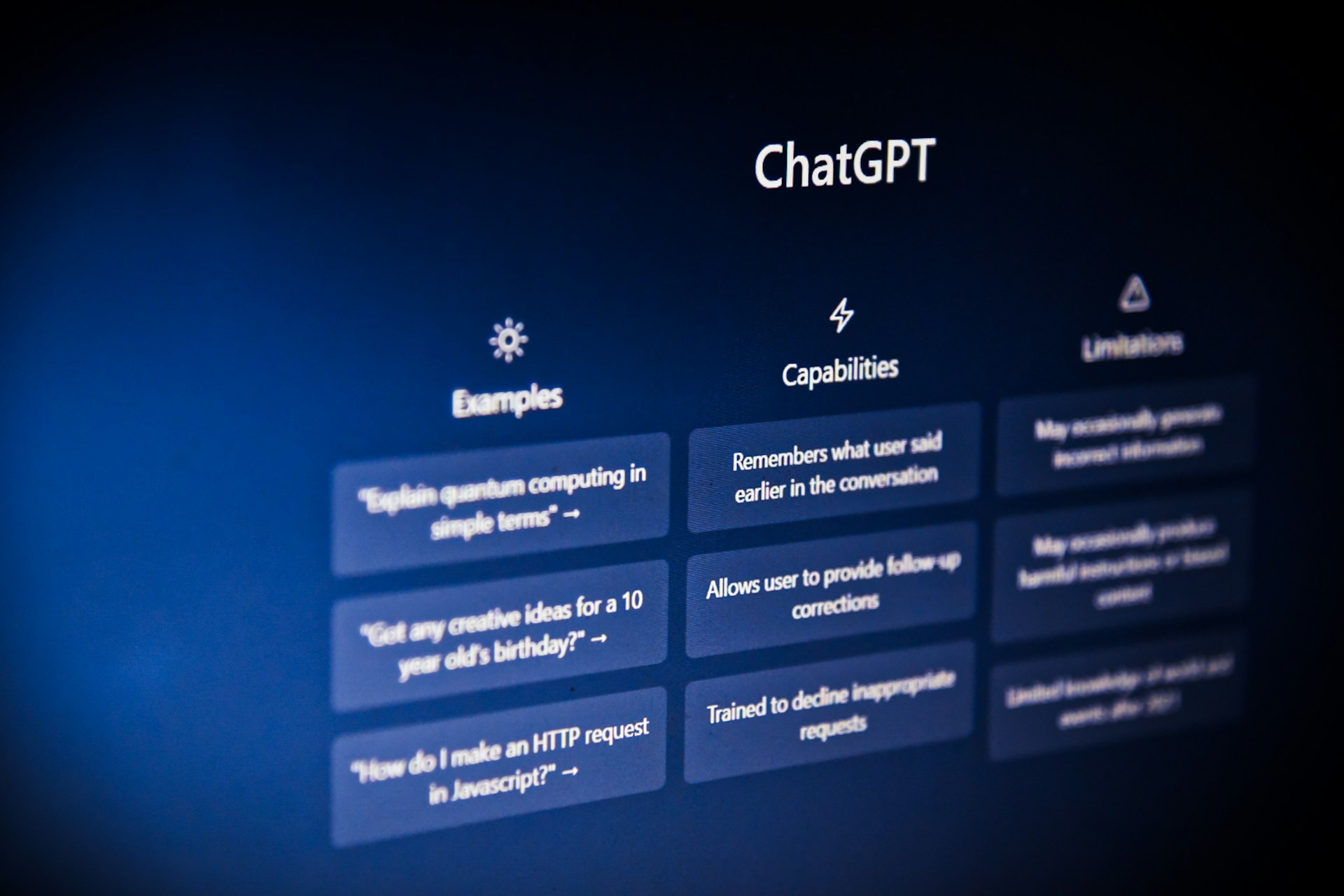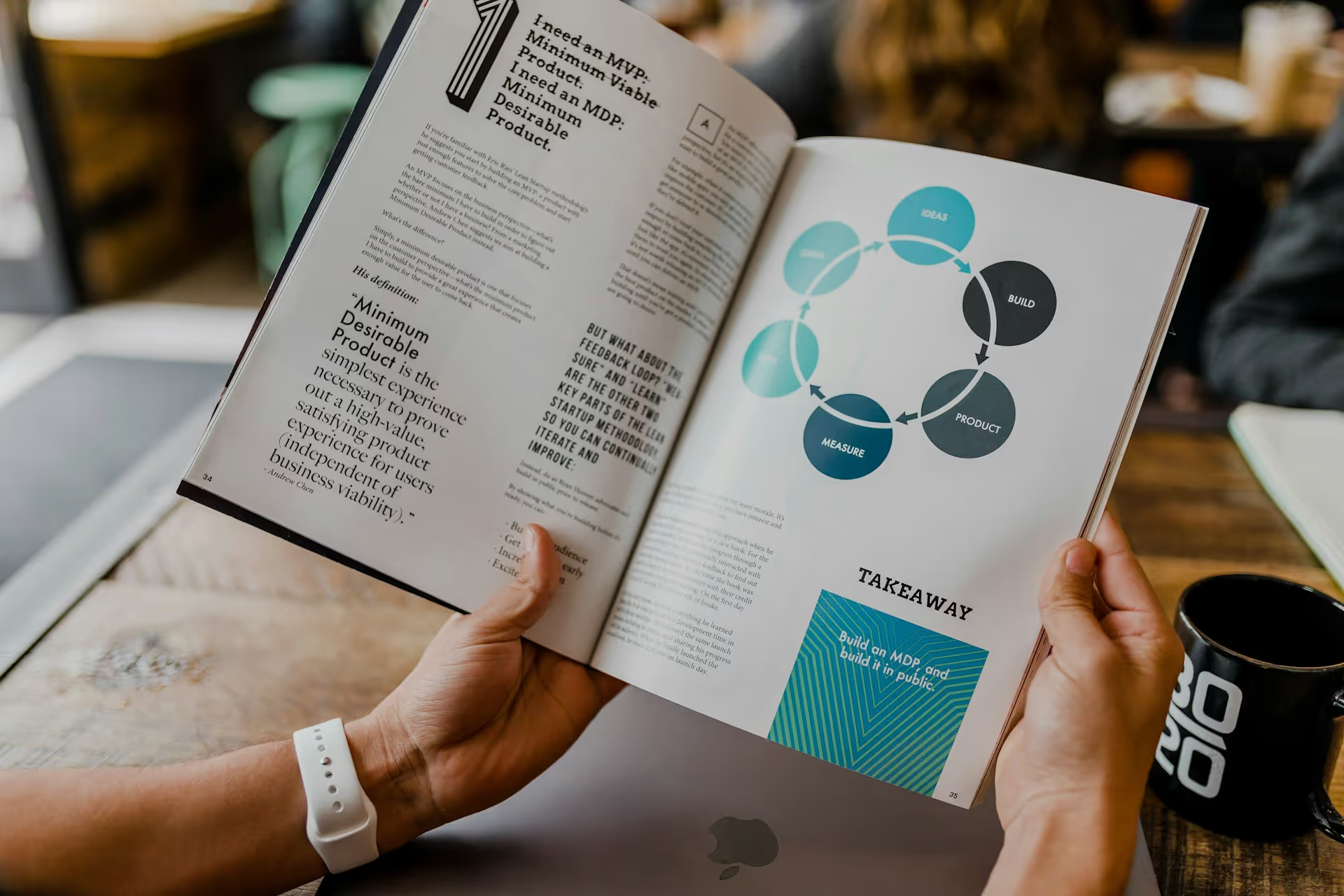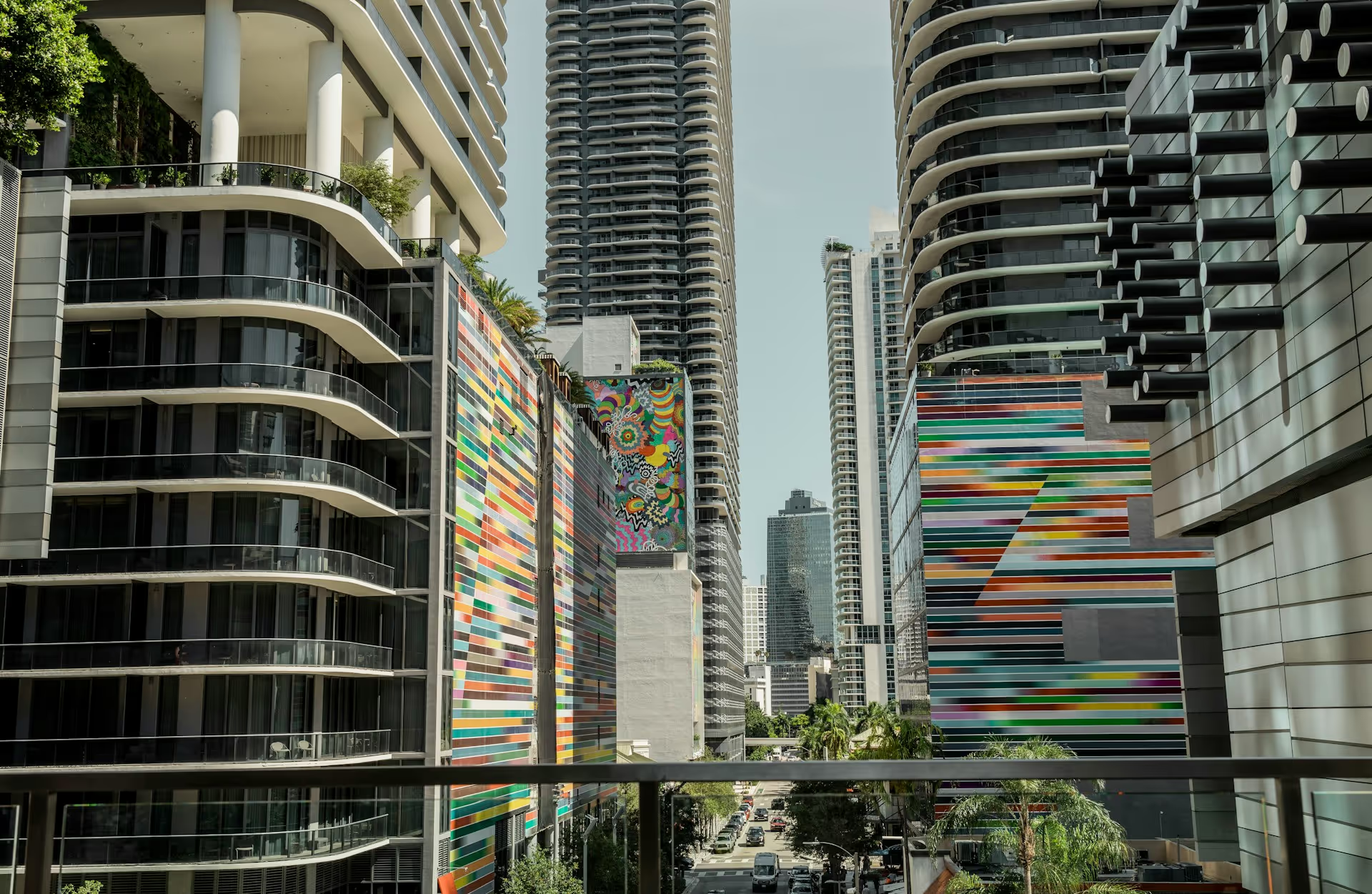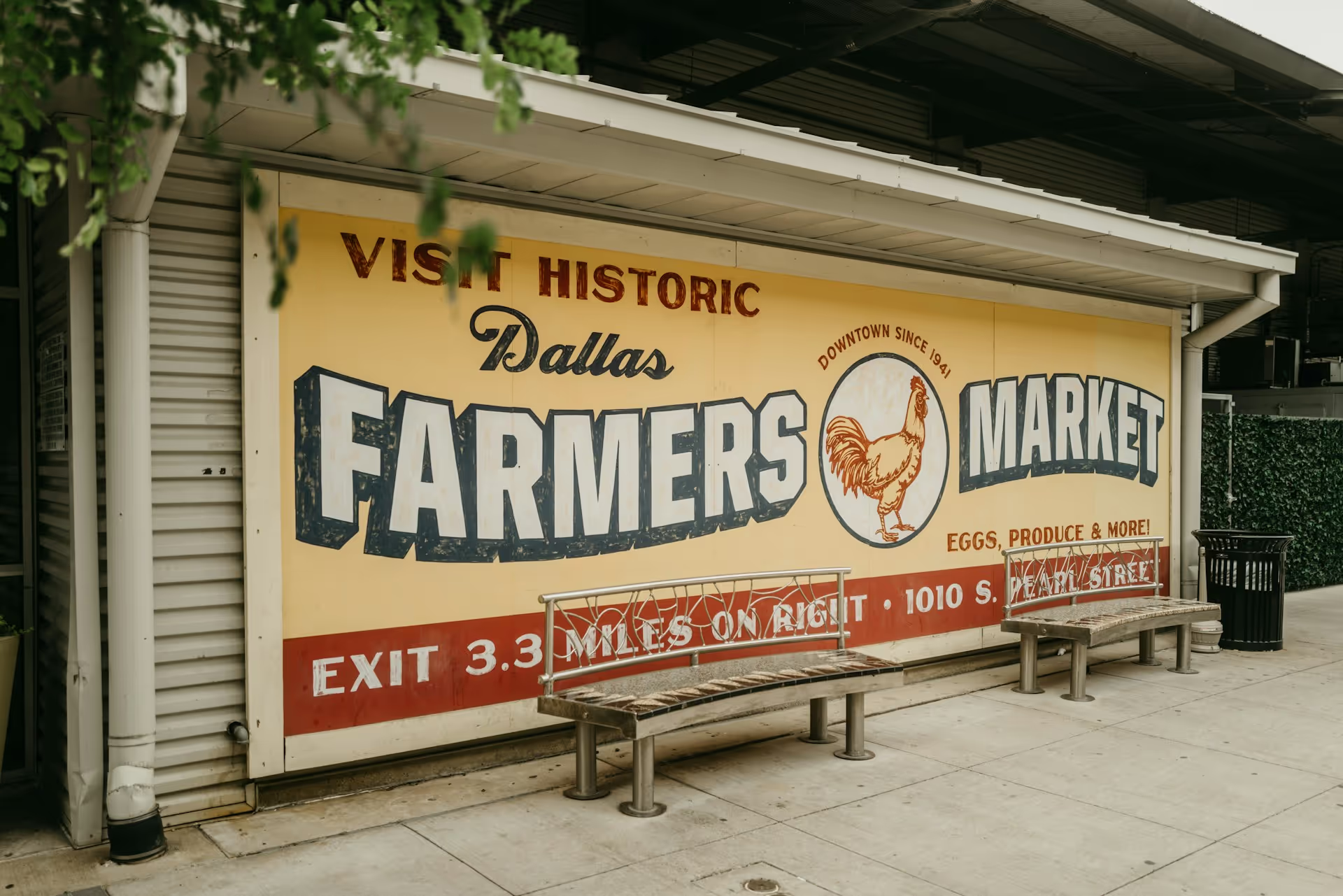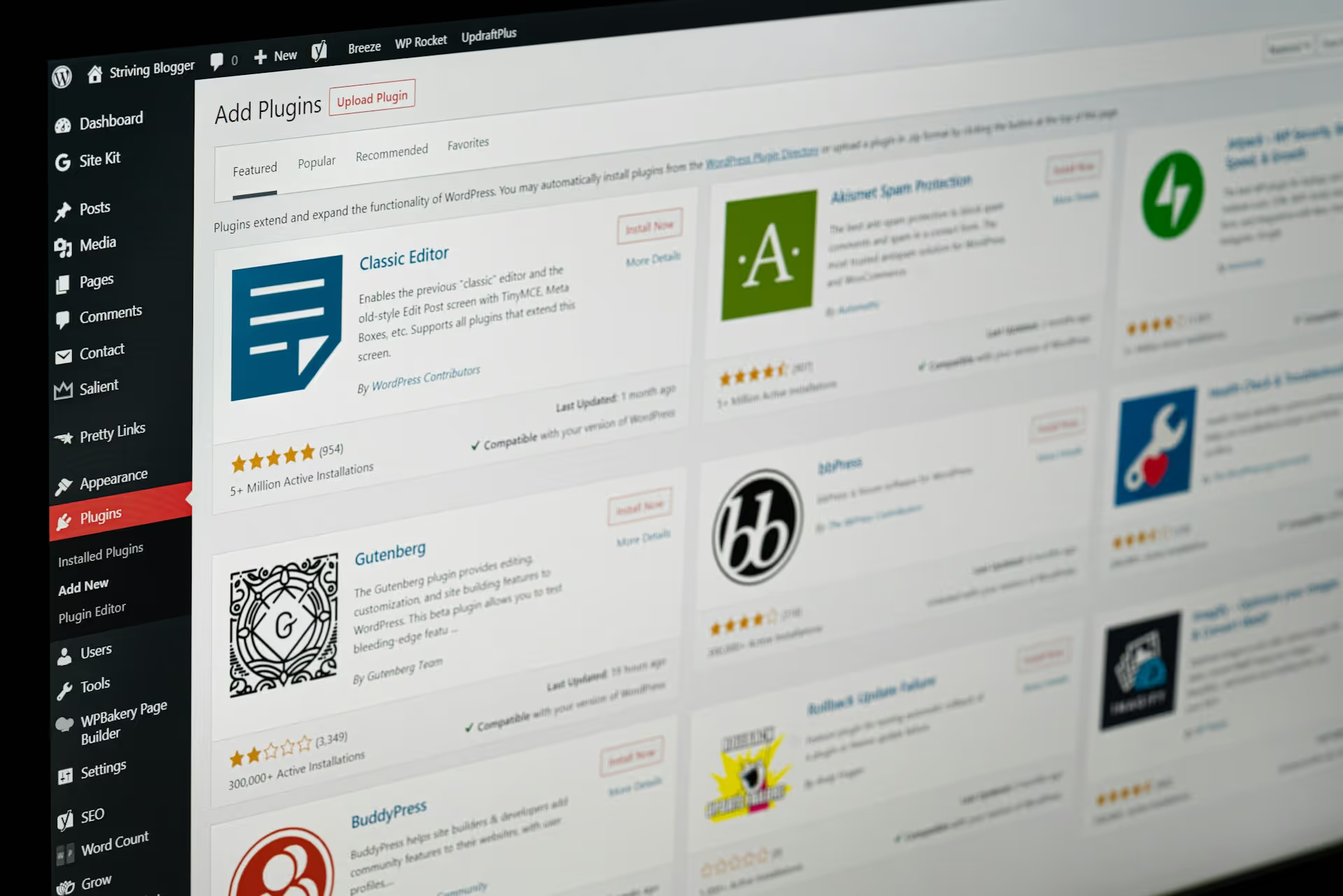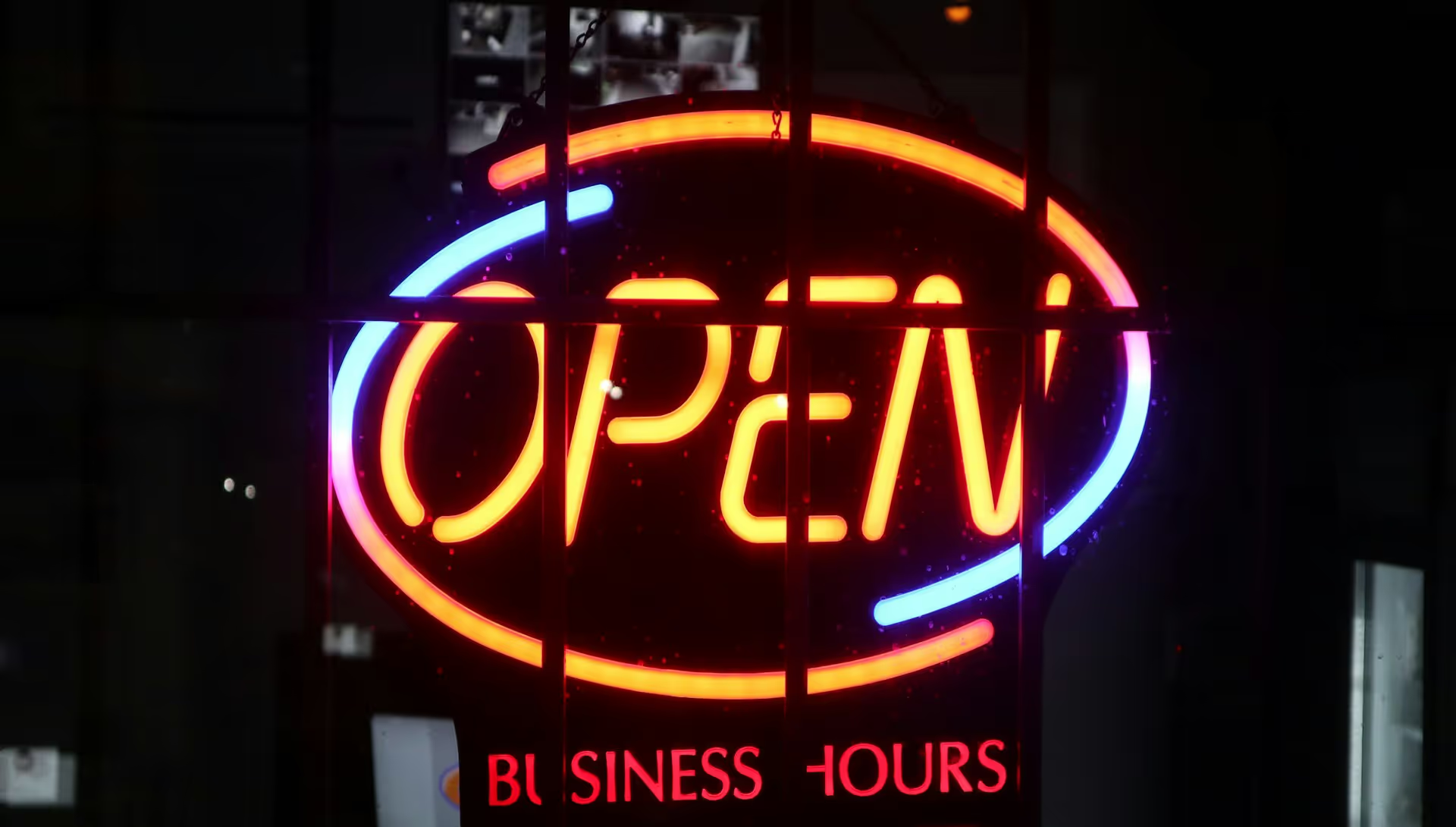
Local SEO for Austin Brands: What Actually Works in 2025
Key Takeaways:
- How Austin brands can leverage modern local SEO strategies to rank and convert in 2025.
- Practical tips from a top seo agency Austin to improve visibility, local citations, and GBP performance.
- Best practices for local seo austin, including landing pages, backlinks, mobile optimization, and social signals.
- Key insights on reputation management and structured data for Austin businesses.
- How Brightter provides full-service local seo services Austin to dominate neighborhood, district, and citywide searches.
1. Introduction:
Austin is one of the fastest-growing markets in the U.S.—with new businesses popping up in every corner of the city, from the creative corridors of East Austin to the tech-heavy Domain and beyond. For local brands, visibility in search results isn’t just a digital advantage—it’s a survival skill.
But in 2025, local SEO Austin isn’t just about adding your business to Google Maps and hoping for the best. The algorithms have evolved. Voice search is rising. AI is reshaping query intent. And the competition is smarter.
If you want to rank in Austin—and actually convert that visibility into foot traffic, leads, or sales—you need a modern, data-driven local seo services Austin strategy. This guide breaks down what actually works in 2025, specifically for Austin-based brands looking to dominate their neighborhood, district, or citywide market.
2. Optimize for Local Intent, Not Just Local Keywords
Gone are the days when simply including the word "Austin" on your homepage was enough to gain traction. In 2025, Google uses natural language processing and AI to understand the searcher’s true intent, not just their keywords.
That means your website needs to provide contextually relevant, localized value—tailored to how real people talk, search, and expect answers.
Brightter’s Playbook:
- Conduct local keyword research around specific services + locations (e.g., "eco-friendly web design South Lamar")
- Optimize on-page elements—H1s, H2s, meta descriptions—with both keywords and user intent in mind
- Embed FAQ sections that mimic voice search queries, like "Where can I find a branding agency in Austin that works with startups?"
This level of intent-driven optimization boosts visibility and makes your site more helpful to actual searchers—Google’s #1 ranking priority.
3. Leverage AI-Optimized Google Business Profiles (GBP)
Your Google Business Profile is now a dynamic content engine, not just a business card. Google’s AI evaluates how active, complete, and engaging your profile is—rewarding businesses that treat their listing like a mini-website.
What to focus on:
- Regular posts featuring offers, updates, events, and media with relevant keywords
- Geotagged images with descriptive alt text
- Detailed service categories with matching descriptions and pricing if applicable
- Consistent, high-quality review responses using contextual language and relevant keywords
Brightter manages GBP updates weekly for clients, helping them dominate the Local Pack (Map results) where the majority of mobile users make decisions—essential for local seo company Austin.
4. Build Location-Specific Landing Pages That Convert
If you operate in multiple neighborhoods or serve different customer segments across Austin, you need individual landing pages that speak to each audience.
Google's 2025 algorithms score location pages on uniqueness and usefulness. Cookie-cutter city pages with name swaps don’t rank anymore.
Brightter’s Location Page Framework:
- Hyper-localized H1 and title tags (e.g., “Web Design for Tech Startups in North Austin”)
- Client testimonials or case studies from that area
- Embedded Google Maps and contact-specific CTAs
- Local schema markup and structured data
We build pages that not only rank—but convert—by tying content to the cultural tone and buying behavior of specific Austin districts, supporting local seo Austin initiatives.
5. Earn Local Backlinks and Mentions
Google continues to value backlinks in 2025, but quality and locality now matter more than ever. A feature in Austin Monthly is worth 10x more than a link from a generic national directory.
Effective backlink strategies:
- Partner with local podcasts and newsletters for features
- Contribute expert quotes or op-eds to Austin-based blogs or community sites
- Join local business associations and request profile backlinks
- Sponsor community events, meetups, or co-branded campaigns
Brightter’s link-building strategy prioritizes relevance + authenticity to strengthen your domain authority without risking penalties—key for local seo services Austin.
6. Use Structured Data to Signal Local Relevance
Schema markup helps search engines understand what your business is, where it’s located, and how it should appear in rich results. Without it, your site might not be fully understood—especially when serving localized searchers.
Key structured data types:
LocalBusinessschema for address, hours, geo-coordinatesProduct,Review, andEventschema for content related to offerings or promotionsFAQPageschema to turn common customer questions into rich snippets
Brightter builds automated schema pipelines that inject JSON-LD directly into your CMS for every location and service page, boosting seo agency Austin visibility.
7. Optimize for Mobile-First Local Searches
Mobile isn’t the future—it’s the now. In Austin, most local searches happen on smartphones, especially when users are commuting, out shopping, or attending events. A mobile-friendly site isn’t just a bonus—it’s a baseline.
What a mobile-optimized local site includes:
- Click-to-call functionality
- Tap-friendly navigation and menus
- Geolocation-enabled maps and direction widgets
- Speed-tested performance under 3 seconds
Brightter builds mobile-first experiences that prioritize simplicity, speed, and searchability—all while maintaining your brand’s aesthetic—vital for local seo company Austin campaigns.
8. Prioritize Reputation Signals
In 2025, online reviews play a massive role in both SEO and conversions. Google evaluates not just how many reviews you have, but how recent, relevant, and diverse they are.
Brightter’s review-building framework:
- Automate email and SMS review requests post-purchase or service
- Respond to every review within 48 hours—positive or negative
- Build profiles on platforms like Yelp, G2, Clutch, and Facebook for cross-platform authority
- Feature reviews prominently on your website to increase social proof
We helps brands implement seamless review systems that boost trust while enhancing your search visibility.
9. Create Localized, Evergreen Content That Builds Authority
Publishing fresh, in-depth content tailored to Austin's audience remains one of the most powerful ways to climb search rankings.
But in 2025, generic blogs won’t cut it. You need high-value, geo-relevant content that speaks to Austin’s trends, language, and culture.
Examples that work:
- “The Best Design Events for Austin Creatives in 2025”
- “How Austin SaaS Startups Are Optimizing for Local SEO”
- Interviews with local founders or creators
- Long-form guides targeting hyper-specific services + locations
Brightter develops content strategies that intersect with real search demand—backed by keyword clusters, internal linking, and media-rich formatting.
10. Improve Citation Consistency Across Directories
Citations—your business info across directories and data providers—still matter. Inconsistencies in NAP (Name, Address, Phone) lead to confusion and lost ranking credibility.
How we manage it:
- Use data aggregators to distribute updated business info across 50+ platforms
- Monitor listings for duplicate, missing, or outdated profiles
- Ensure format consistency between your website, Google profile, Yelp, and industry-specific directories
Brightter uses citation tracking tools to build a clean, authoritative local profile—critical for seo agency Austin clients.
11. Activate Local Social Signals
Google increasingly factors in social engagement from platforms like Instagram, Facebook, and LinkedIn—especially when it includes location tags, business mentions, and UGC.
Our approach:
- Geotag all content posted from events or your place of business
- Encourage users to tag your brand in stories and posts
- Use Austin-specific hashtags to tap into trending discovery
- Crosslink posts to blog content or Google listings to drive traffic
Social media isn’t just for branding anymore—it’s another signal of local relevance. Brightter ensures your social content supports your search presence.
12. Final Thoughts: Winning Local Search in Austin Isn’t About Tricks—It’s About Relevance
In 2025, local SEO is less about “gaming” the system and more about creating real digital relevance for your brand. Google’s algorithm is smart, but Austin buyers are smarter. They want answers, trust, and convenience. Your job is to meet them where they’re searching.
Brightter helps Austin businesses become the obvious choice in their market—by aligning search intent, on-site UX, and authentic local presence.
Book a strategy call with Brightter and let’s make your business unmissable in Austin’s local search.
Frequently Asked Questions
1. What does a local SEO agency in Austin do?
A local SEO agency Austin helps businesses improve visibility in search results specific to Austin neighborhoods, districts, or the city as a whole. They optimize your Google Business Profile, on-page SEO, citations, backlinks, mobile experience, and local content to drive foot traffic, leads, and sales.
2. How is local SEO different from general SEO?
While general SEO targets national or global audiences, local SEO services in Austin focus on location-specific strategies. This includes local keywords, neighborhood landing pages, Google Business Profile optimization, citations, reviews, and geotagged content.
3. How long does it take to see results from local SEO in Austin?
Typically, businesses start seeing measurable improvements in 3–6 months, depending on competition, current website performance, and citation consistency. Full ROI may take 6–12 months for highly competitive sectors.
4. How does mobile optimization impact local SEO in Austin?
Most local searches happen on mobile devices. Mobile-first sites with fast load times, tap-friendly navigation, click-to-call functionality, and geolocation-enabled maps improve user experience, engagement, and search rankings.
5. How do I measure the success of local SEO in Austin?
Track rankings in local search results and Google Maps, website traffic from local queries, engagement on neighborhood landing pages, calls and direction clicks, conversions, and review growth. Analytics and reporting tools help assess ROI.



.avif)
